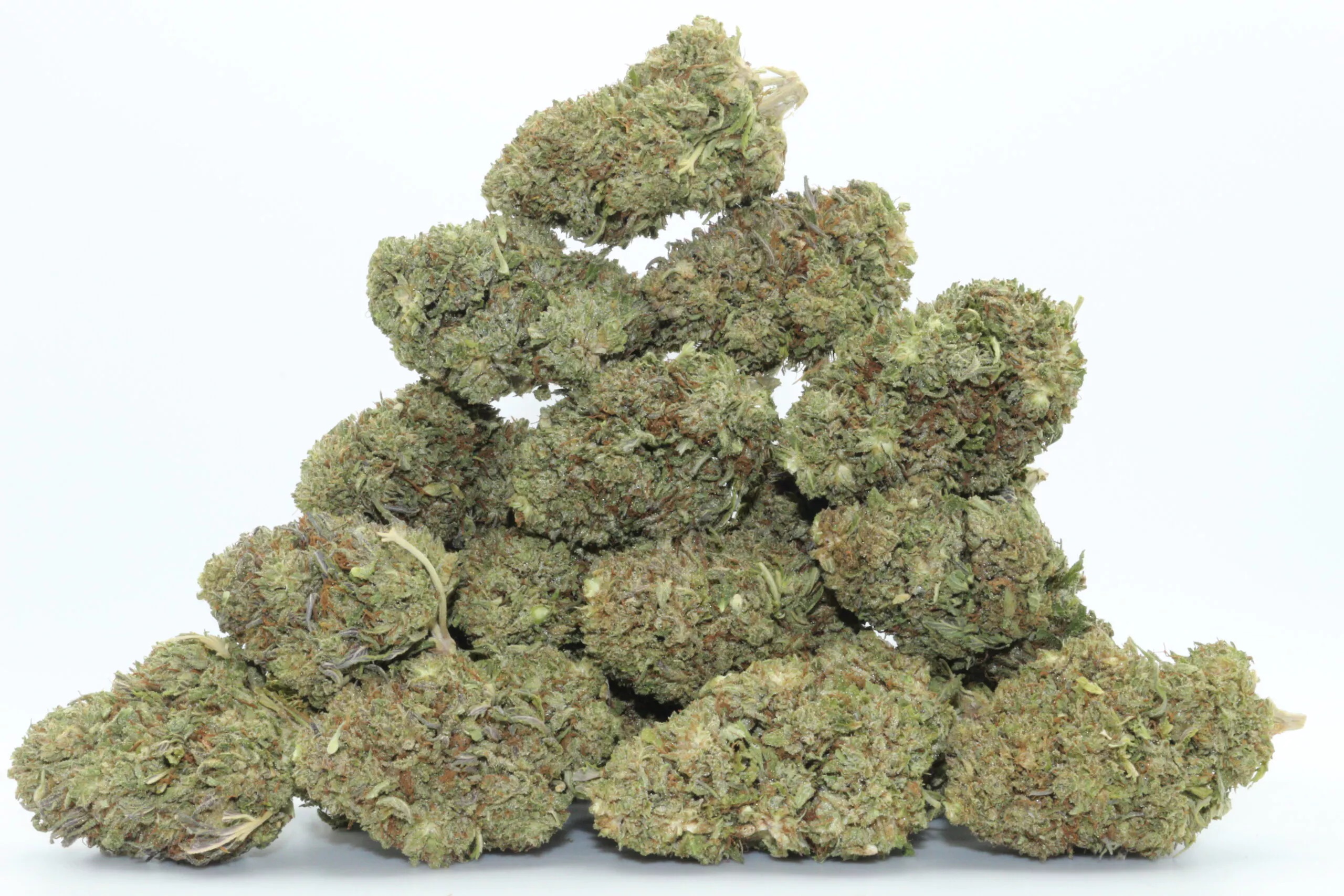By Hassan Osman Kargbo
Sierra Leone’s President Julius Maada Bio has declared a war on kush, calling it an epidemic and a national threat. He has launched a task force on drug and substance abuse, that will promising to lead a government approach focused on prevention and treatment involving law enforcement and community engagement just to tackle in high rate of Kush and other drugs in the country. But, despite the effort from the government and its partners, it seems like the issue is still alarming in the country.
The youth in the country has high percentage in the country’s population. The capital Freetown is already packed with young men and women and most are engaged in drugs. The men are on kush, a form of synthetic cannabinoid that has taken this West African nation by storm since it first appeared on the scene six years ago. The kush is easily accessible and dirt-cheap, and has proved irresistible to a generation of unemployed young Sierra Leoneans seeking an escape from lives of grinding poverty.
“Kush makes you forget,” says 21-year-old kush user Amadu Kamara, who estimates that roughly 70% of the young people in his neighbourhood are now taking the drug. “We’re under such strain. There’s no work. There’s nothing here to do that is why we’re smoking it,” Kamara said. Most of these young guys had dreams of becoming an electrician, doctors etc, but makes around a mere sum daily. Since taking up kush two years ago, he’s been spending nearly all his earnings on the drug, they confirmed.
“Before, if we had money we’d spend it on food or clothes,” he says. “Now we just buy kush. It makes you want to cry, but it’s not easy to stop.”
As the men smoke, a woman passes by carrying a large bucket of rice. Her name is Elizabeth Sankoh, and she is fed up with the impact kush is having on her neighbourhood.
“Men don’t help their families anymore. They’re always smoking at all hours of the day. And they spend all the money on kush,” she said. “I have to do everything now!” Sankoh says she now supports her family singlehandedly, selling bowls of rice with a spicy cassava leaf sauce to people in the street. Lately, though, she says her customers have been coming up with all manner of excuses to avoid paying her. And once they’ve finished their meals, they steal her plastic bowls and spoons.
They just want to sell them so they can buy more kush,” she complains. The country’s cash-strapped government has no accurate data on the number of people using the drug. According to interview, the acting deputy director of the country’s Drug Law Enforcement Agency says the situation is bad and getting worse.
“It’s a crisis, and we won’t shy away from saying so,” says Kargbo. “I was born and raised in Freetown and I’ve never seen anything like this before. It’s overwhelming. He said.












